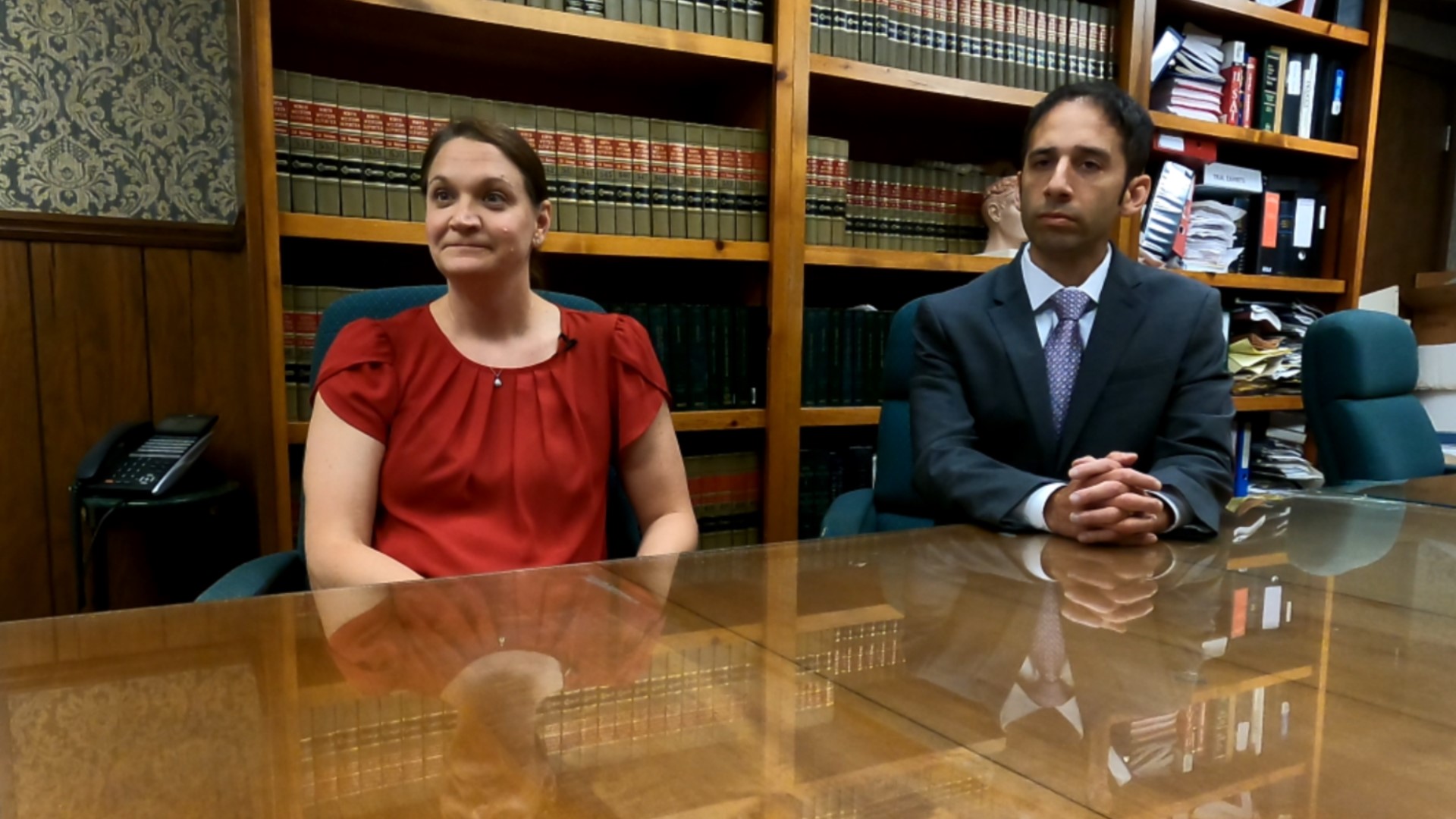DAVENPORT, Iowa — For 19 years, Mandy Tripp devoted her life to answering calls from people experiencing some of the most traumatic events of their lives.
"The phone rings pretty much nonstop, and you never know what’s on the other end of the line," Tripp said.
Tripp started her career as a 911 dispatcher with the Davenport Police Department before working with the Scott Emergency Communication Center.
But then one day in September 2018, she answered a call that would change her life.
"That day it became difficult to focus, it was more the following weeks where I couldn’t necessarily get past it," Tripp said.
For more than two minutes, the mother screamed at a high pitch into the phone pleading for someone to help her baby.
Tripp did her job — she got the mother's address and dispatched first responders to the scene. Later on, Tripp heard the responding officer report that the baby appeared to have been attacked with a claw hammer.
For months after, Tripp was plagued with anxiety. Loud noises would trigger that anxiety to the point where she sought medical attention.
"A lot of traumatic events pile up over the years and then one thing can really make that spiral," Tripp said.
A counselor and two doctors later determined she had been suffering from post-traumatic stress disorder (PTSD) because of that call. She was placed on medication and even had special headphones to drown out the loud noises, which helped.
However, it didn't help enough. She then chose to leave her position as an emergency dispatcher.
In Iowa, workers' compensation law allows workers to receive payment for injuries suffered from and during the course of their jobs; injuries suffered from mental trauma have been recognized as a basis to provide workers' compensation.
When Tripp applied for the benefit based on her PTSD, she was denied.
"The below courts, if you will, found that for a first responder to recover for PTSD they have to show sort of an extra unusual event, an extra stressful event that occurred," said Tripp's attorney Andrew Bribriesco. "And what we fought for was to be on an even playing field with workers across the state."
According to the workers' compensation commissioner and district court, Tripp didn't satisfy the test of legal causation because 911 dispatchers take calls involving death and traumatic injury regularly. Because of this, the mother's call wasn't an "unexpected cause or unusual strain."
Tripp's case made it all the way to the Iowa Supreme Court.
"This is a very rare occasion. They maybe take one workers' compensation case a year, if that," Bribriesco said.
On June 3, the court made a decision in her favor.
Now, Tripp says change is due.
"If a big incident happens, there needs to be debriefings and things like that," she said. "They happen, they just don’t happen often enough."
Tripp left her job as a dispatcher in December 2021. She now works for the State of Iowa as a re-employment case manager.

